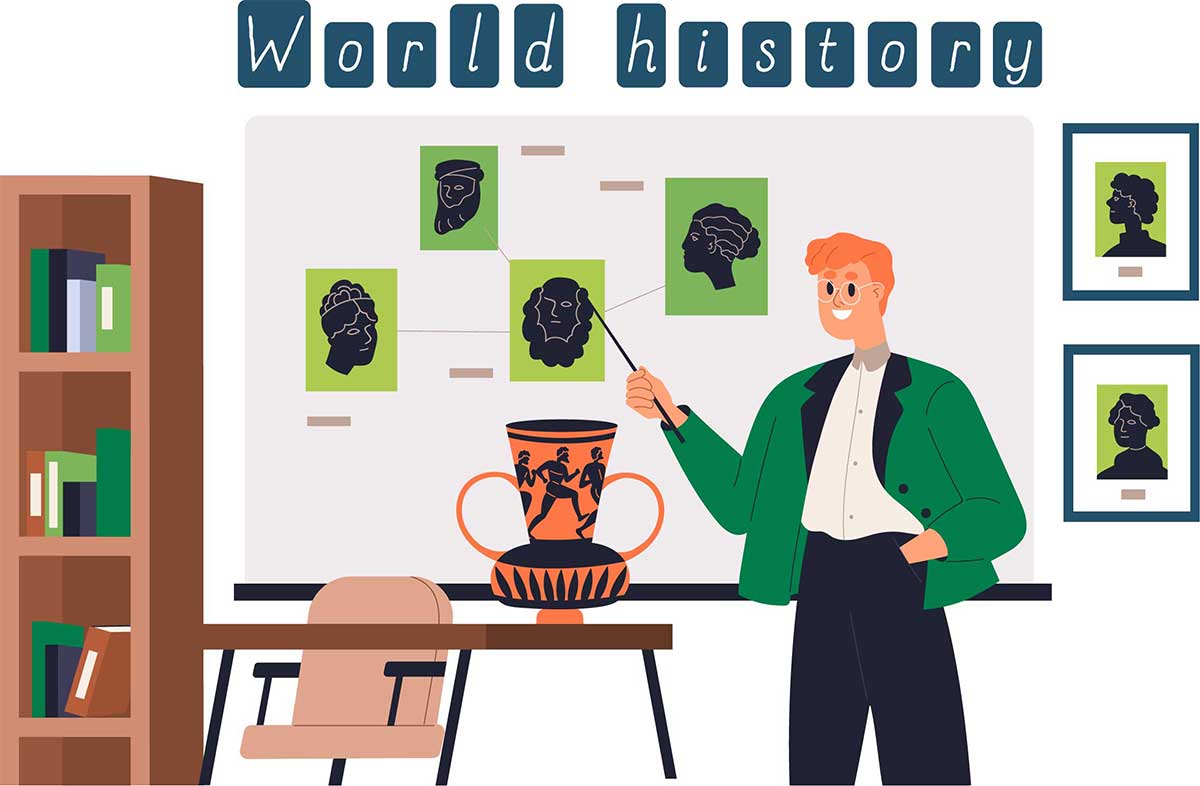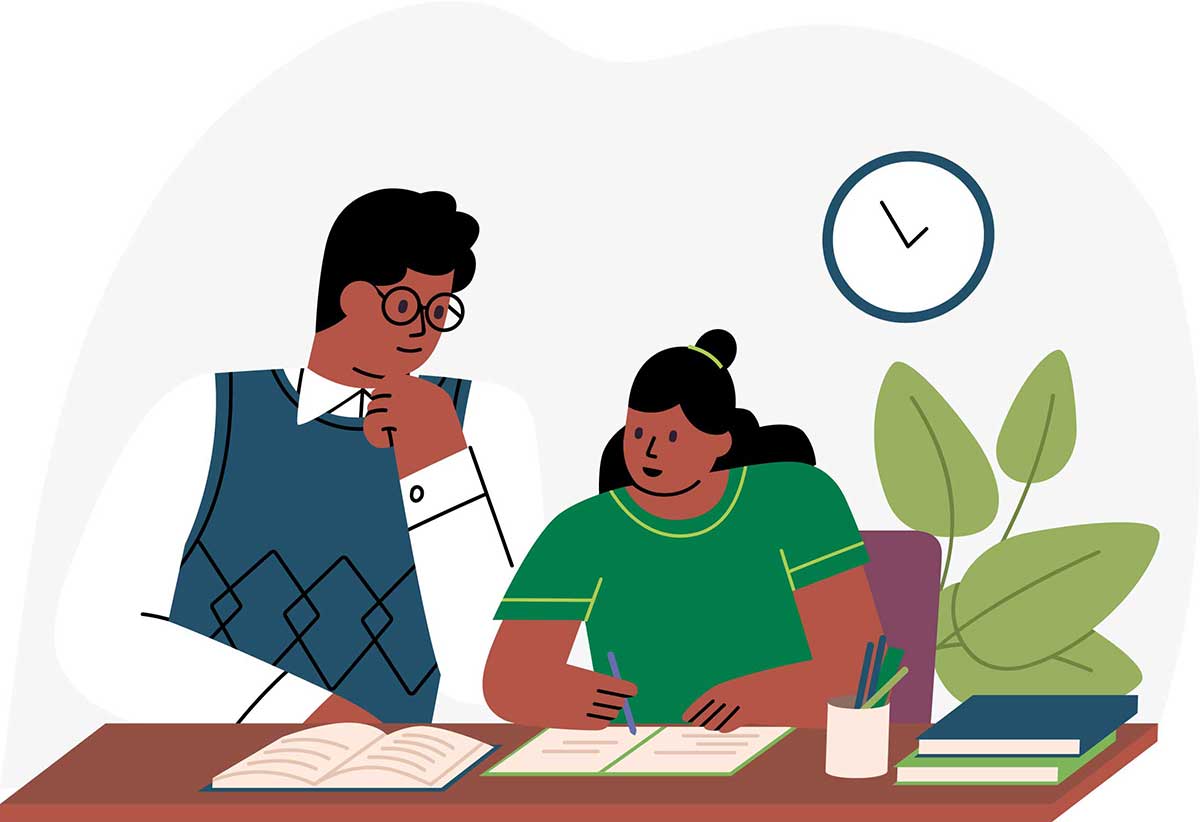Our curriculum is taught through a range of broad themes tailored to the cohort in both Nursery and Reception. Our curriculum encompasses all areas of learning and has been planned to allow steps of progression throughout the year in each area to facilitate children achieving the Early Learning Goals by the end of Reception.
Our curriculum in Key stage 1 and 2 meets the requirements of the National Curriculum for England and Wales and we have sequenced learning in each subject so that every child at Fradley Park builds knowledge, understanding and skills lesson on lesson, term on term and year on year until they leave us at the end of Year 6.

Our curriculum in EYFS encompasses all areas of learning and has been planned to allow steps of progression throughout the year in each area to facilitate children achieving the Early Learning Goals by the end of Reception. Children are able to meet individual next steps and goals through reflective adult facilitation during continuous provision.
Our curriculum in Key stage 1 and 2 meets the requirements of the National Curriculum for England and Wales and we have sequenced learning in each subject so that every child at Fradley Park builds knowledge, understanding and skills lesson on lesson, term on term and year on year until they leave us at the end of Year 6.

Classes study one subject-based theme more deeply for a half-term, building diverse cultural capital and an impressive body of knowledge. These half-termly themes are either Geography-based and or History-based and include enriching visits and visitors. Art and Design & Technology is taught in the same way. Science is taught as a discreet subject throughout the year and is taught every half-term.
We have designed our curriculum carefully so that our leaders and teachers know what is taught in each subject, each year, and why. This means that children can build new concepts, linking their thinking back to what they learnt in previous years.
For each subject, we share key concepts, knowledge and vocabulary with the children to ensure the children remember what they have been taught and make connections with prior learning.
Not all classrooms have 4 walls. The Forest School Association describes Forest School as a child-centred inspirational learning process, that offers opportunities for holistic growth through regular sessions. It is a long-term program that supports play, exploration and supported risk taking. It develops confidence and self-esteem through learner inspired, hands-on experiences in a natural setting.
Quality Forest School is delivery which holds to all six key principles that shape and govern the Forest School ethos. There are many forms of outdoor education and all have enormous value, however, Forest School is unique in its reach, delivery and effect.
These six principles are:
A long-term process of frequent and regular sessions in a woodland or natural environment, rather than a one-off visit. Planning, adaptation, observations and reviewing are integral elements of Forest School.
At Fradley Park, qualified Forest School practioners plan and deliver learning for each class group. Nursery and reception children will have daily experiences in the forest area, with KS1 and 2 having sessions throughout each term. Skills will be built on through hands on activities, opportunity for children to observe and reflect.
Takes place in a woodland or natural wooded environment to support the development of a relationship between the learner and the natural world.
We are delighted to have a rich natural environment around Fradley Park which allows our children to learn about, development respect for and champion the importance of the natural world both for wildlife and humans.
Aims to promote the holistic development of all those involved, fostering resilient, confident, independent and creative learners.
Our Forest School curriculum is planned to ensure the following skills and behaviours are taught explicitly, fostered sympathetically and celebrated as the norm in our children:
• Self-Awareness
• Self-Regulation
• Intrinsic motivation
• Empathy
• Good social communication skills
• Independence
• A positive mental attitude, self-esteem and confidence
• Ability to take risks and experience challenge
• Ability to explore and discover and experience success
• A strong, positive relationship with the natural world
Offers learners the opportunity to take supported risks appropriate to the environment and to themselves.
Taking measured and safe risks in our forest area is a large part of developing resilience, and confidence. This in turn has huge benefits in the classroom where children are comfortable to take learning risks, challenge themselves and respond well to feedback and challenge. Being able to reflect on success and failures are important life skills we develop age appropriately in all our children.
Run by qualified Forest School practitioners who continuously maintain and develop their professional practice.
Staff who lead our Forest school are qualified and experienced.
Uses a range of learner-centred processes to create a community for development and learning.
A learner centred approach views learners as active agents; our children bring their own knowledge, past experiences, education and ideas- and this impacts how they take on new information and learn. The Forest school curriculum is planned to allow children to make choices about what and how they learn thus empowering them and leading to embedded learning.
At Fradley Park Primary & Nursery School, we value the importance of the three-way relationship between children, parents and staff. We believe that parents and carers are a child’s first educator, and therefore work very closely to ensure they are involved in what their child does at our school. We want parents to feel they can speak to us about their children and to feel comfortable in our setting.
Throughout the school year, we will invite parents to curriculum events where important information will be shared. Parents are welcomed and encouraged to share information about their child, to ask questions and to discuss their child’s learning with the teachers.
Parents are encouraged to support children’s learning through completing reading records, simple homework activities and by sharing assemblies and whole class activities as well as sharing experiences on Tapestry.
Through twice-annual parent consultations, parents receive information about their child’s assessment and have the opportunity to speak with the teacher to discuss their child’s progress and development and to share their next steps in learning. At the end of the year a formal written report is sent out to parents. Parents are always welcomed to discuss their children informally at the end of the school day with staff.

